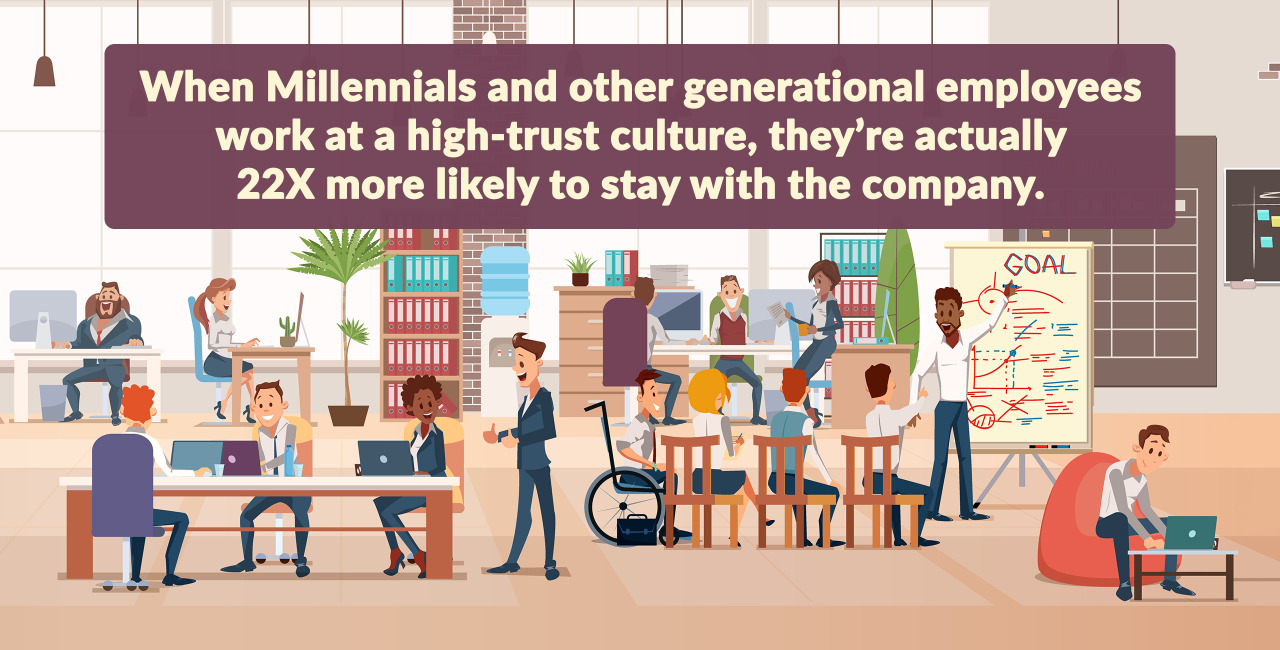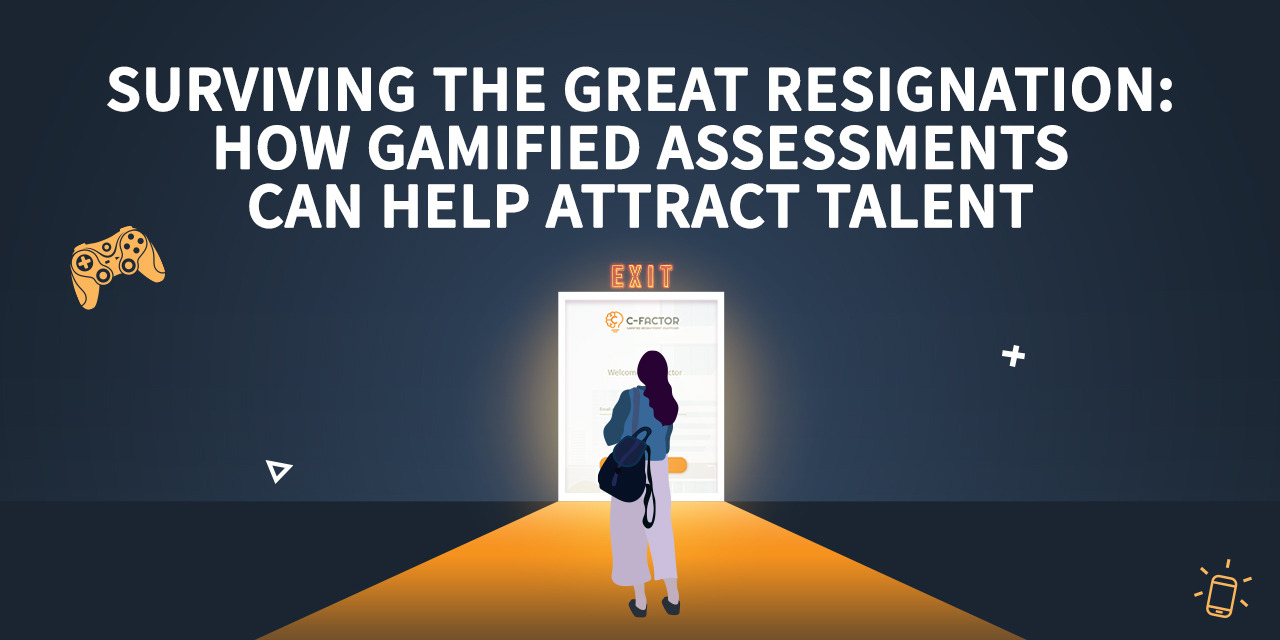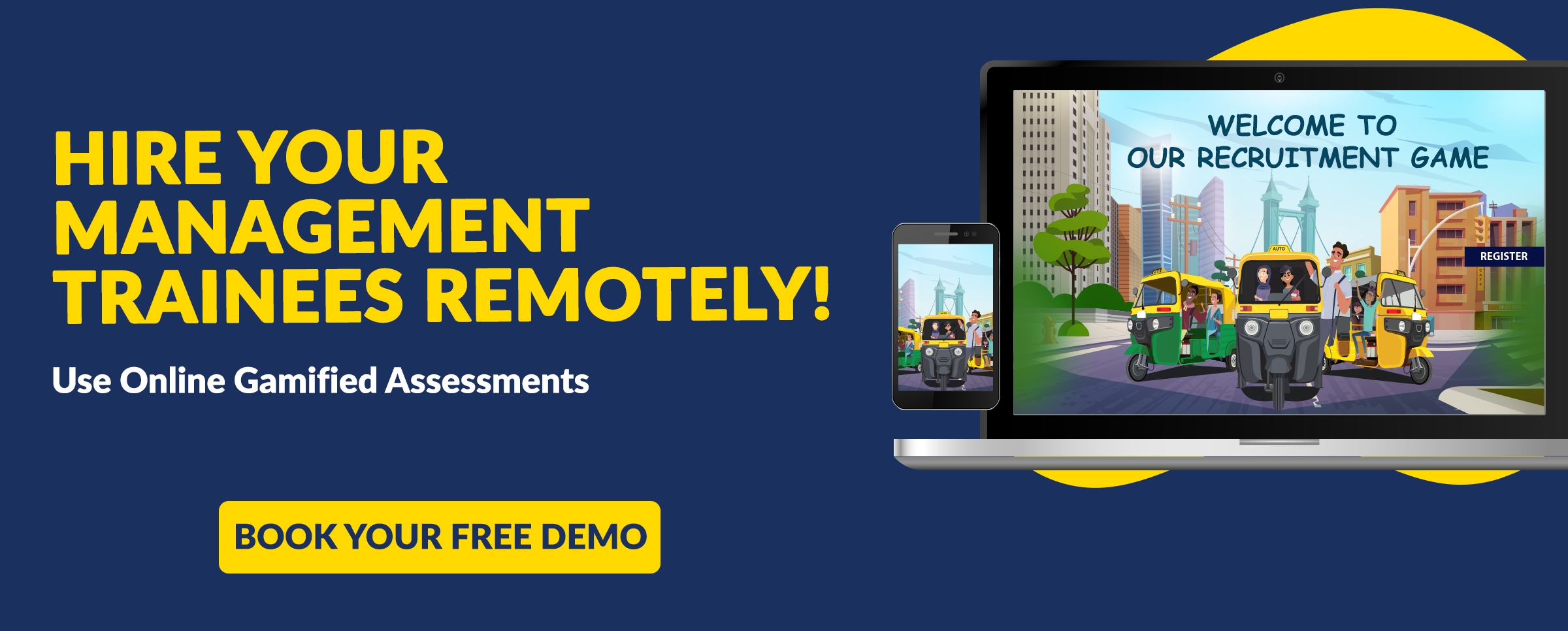Woah! Tables have turned and we have now moved from an employer-driven market to a candidate-driven market. From McDonalds workers to software engineers to graphic designers, the “Great Resignation” is touching everyone.
What is the Great Resignation?
According to Wikipedia,
“The Great Resignation, also known as the Big Quit, is the ongoing trend of employees voluntarily leaving their jobs, from spring 2021 to the present, largely in the United States.”
Hiring New Talent in the Era of Great Resignation
Here’s how you can attract and hire new candidates in the era of great resignation:
Diversify your talent pipeline
According to a new survey from The Manifest, most job seekers (70%) want to work for a company that demonstrates a commitment to diversity and inclusion. However, if you keep assessing candidates merely on their past qualifications, experience or personal connections, you are likely to decrease the diversity of the candidate pipeline.
Fortunately, AI-driven gamified assessments are here to save the day. Recruitment games, when used as prescreening tests, not only speed up the hiring process, they also supplement your diversity recruitment efforts and ensure people from a variety of backgrounds get hired, leading to a much larger gender, racial and ethnic diverse talent pool.
But that’s not just it, diverse companies are 1.8 times more likely to be change-ready and 1.7 times more likely to be innovation leaders in their market. So we have all the more reason to prioritize diversity, equity and inclusion.

Put transparency to work
Equitable hiring is not just a feel-good practice. If the candidates feel the recruitment process isn’t fair or transparent, they will not choose your company. Of course, the best candidates will not be willing to work for a company that doesn’t appreciate what they bring to the table and doesn’t have a bias free process.
Candidates are already doubtful of companies. This is why there’s a need for a transparent hiring and recruiting process more than ever to build trust given the ongoing Great Resignation. Gamified assessments ensure all applicants have a level playing field and are assessed on the same criteria.
This transparency in hiring reflects transparency in work culture. Ultimately, employees are more likely to stay with a company that has a high-trust work culture.

Attract the digital natives with games
The launch of C-Factor gamified assessment tool is emblematic of a bigger trend in the recruiting landscape, not just the tech. Gone are the days when recruiters used to gauge a candidate’s potential for success in a role with a resume.
Plus, now employers evaluate applicants on their skills before making a job offer rather than judging them on the reputation of their alma mater. And this is possible due to the cutting-edge digital campus recruiting tools that have made hiring top graduates fun and easy.
When you’re working with fresh graduates who don’t have a prior work experience or a strong professional record, it is extremely important to assess them on their skills. The good news, however, is, you don’ t have to compromise on the candidate experience to incorporate an assessment into your recruitment process.
In the present time, companies are using gamified assessments in their recruiting process to boost their employer brand while adding the element of fun to the otherwise boring recruitment process. As a matter of fact, the global gamification market was valued at $ 6.8 billion in 2018 and is projected to grow at an impressive CAGR of 32% to reach $ 40 billion by 2024.
Using online campus recruiting tools, recruiters can assess their candidate’s aptitude, problem-solving and creative thinking skills, thereby identifying the most suitable candidates and speeding up the selection process.
Assess the required competencies and skills
Gamified assessments ensure that every person is assessed on their ability to evaluate issues and form a reasoned judgment. Candidates are tested on their aptitude, cognitive abilities, behavioral, analytical and problem-solving skills. This is done by using AI-powered tests, so everyone gets an equal opportunity to showcase their true potential.
Recruitment games apply psychometric science and capture thousands of data points with the help of machine learning, which is used to assess candidates on desired competencies and skills. Candidates cannot fake responses. This scientific approach speaks for itself – it is validated and therefore can be relied upon.


